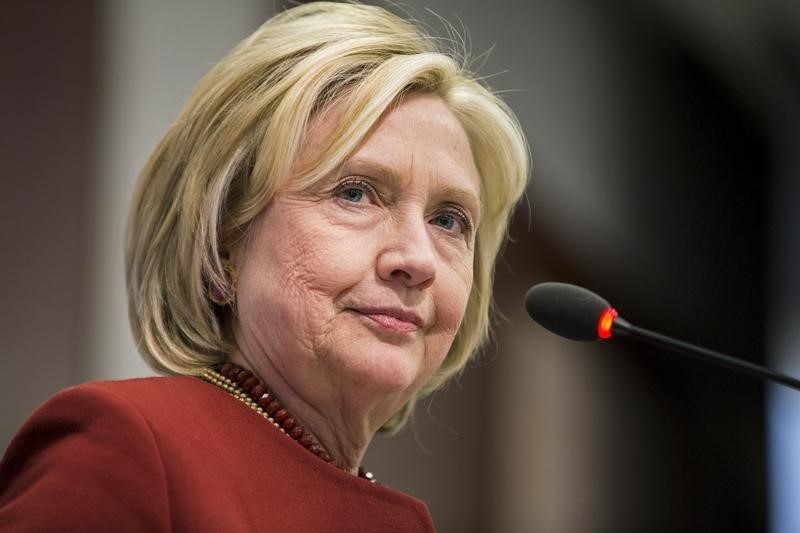WASHINGTON (Reuters) - A U.S. House committee is seeking a private interview with former Secretary of State Hillary Clinton over her use of private email and a personal computer server while at the State Department, the panel said in a letter released on Tuesday.
Republican Representative Trey Gowdy, who chairs the U.S. House Select Committee on Benghazi, said in the letter to Clinton's lawyer that he wanted to schedule her appearance for no later than May 1 and that the interview with the committee would be transcribed.
Clinton, the presumed front-runner for the Democratic presidential nomination in 2016, has faced criticism for her use of personal email to conduct State Department business during her tenure rather than a government-issued account. She has said she used the personal account for convenience.
A spokesman for Clinton indicated that Clinton was not willing to agree to an interview that was closed to the public, although he did not explicitly rule out the possibility.
"Secretary Clinton already told the committee months ago that she was ready to appear at a public hearing," Nick Merrill, the spokesman, replied in an email when asked if Clinton would agree to Gowdy's request. "It is by their choice that hasn't happened. To be clear, she remains ready to appear at a hearing open to the American public."
Representative Elijah Cummings, the ranking Democrat on the panel, disputed Gowdy's assertion in the letter that the committee had no alternative to a transcribed interview and said Clinton has already agreed to publicly testify.
"Rather than drag out this political charade into 2016 and selectively leak portions of a closed-door interview, the Committee should schedule the public hearing, make her records public, and re-focus its efforts on the attacks in Benghazi," Cummings said in a statement.
Gowdy, whose committee is investigating the 2012 attacks on a U.S. diplomatic compound in Benghazi, Libya, during Clinton's tenure, last week said she had failed to respond to the panel's subpoena for documents in the case.
The State Department has said it has turned over relevant emails to the committee.

The attacks in Benghazi killed four Americans, including U.S. Ambassador Christopher Stevens.